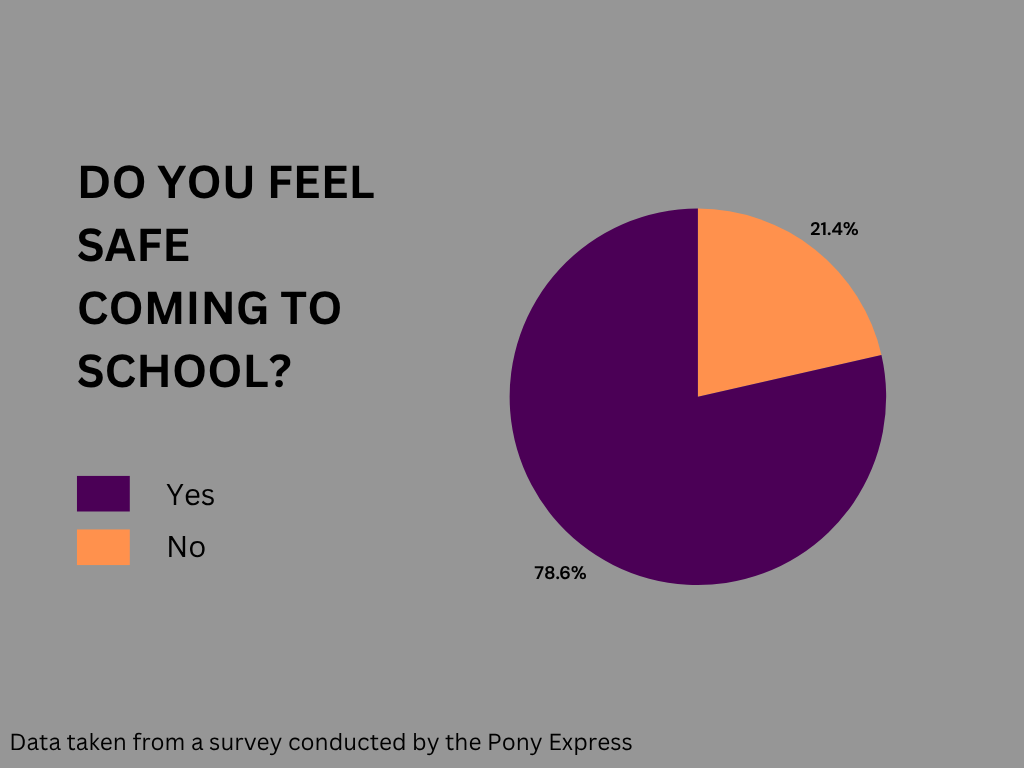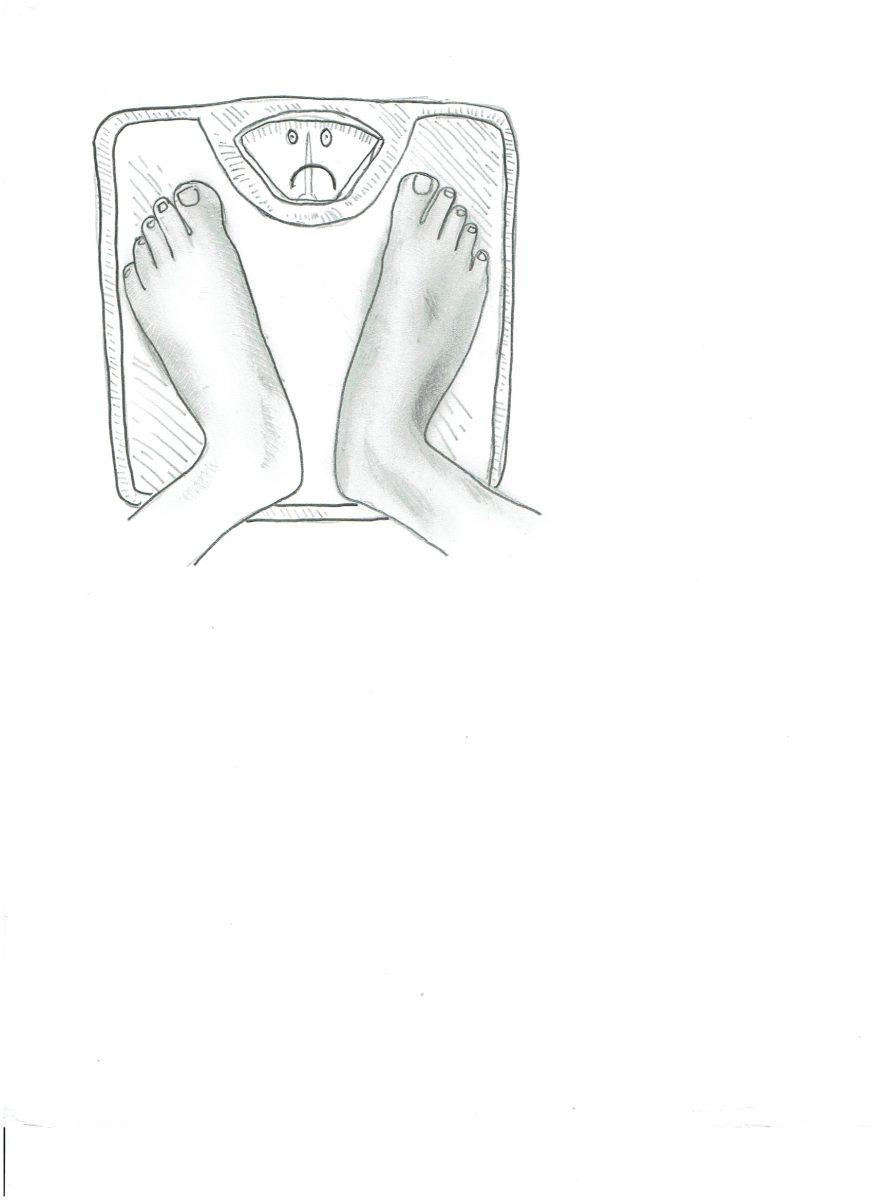For some students, the Body Mass Index (BMI) test is one of the most anxiety-provoking assessments required in their school career,
but for others, it is just another test mandated by the school
district. The BMI test is given by NUSD to fifth, seventh and ninth graders for the purpose of collecting data on students’ wellness, and for high schoolers as one of the five tests they need to pass to complete Physical Education. The school BMI test takes a student’s height and weight and calculates if they are in the “healthy fit” zone, or the “needs improvement” zone. More broadly, it allows researchers to see the average wellness rate in a given county, state or even country.
According to the U.S. National Library of Medicine, “[The BMI test] has become the most commonly used measure of weight status due to its simplicity of calculation when collecting data for large population surveys.”
The BMI formula was invented by a Belgian mathematician whose goal
was to measure the collective weight of a population, more specifically the male population. The test does not account for muscle mass, bone density, genetics, gender, biology, or ethnicity, as it was never intended for measuring the wellness of a singular person.
The BMI at San Marin
Currently, San Marin applies the BMI formula to singular students even though the formula was created to receive results that made an average. Because of this, the test often incorrectly reflects a student’s body mass which, according to an anonymous student, “puts stress on kids who are self conscious on their physical appearance, and this is most likely more unhealthy than what any BMI test may show.”
The BMI test has links to suicide and eating disorders in all genders, according to a study conducted in 2005 by the American Medical Association. Marin County’s eating disorder rates are double the national average, and in 2016, Marin had the highest suicide rate in
the Bay Area.
“If we have reliable statistics telling us that it’s causing more problems than it’s solving, then I think we need to take a hard look at that,” Health teacher Cory Boyd said.
In a survey conducted by the Pony Express, 59 percent of students on campus reported that they do not believe the BMI test is a good measure of their physical fitness and wellness. “Teenagers are extremely susceptible to judgement and criticism, making this test just another medium for scrutiny of our physical appearance,” senior Kelsey McIvor said. McIvor is the president of Bring Change to Mind, which is a club that focuses on raising awareness about mental health.
Privacy
Some students also feel the test violates their privacy. The test is taken in the corner of the gym with students less than four feet away waiting
to be measured. After being measured, the student must verbally inform the teachers of their weight.
“The test could be conducted in a much more private setting in order to keep the data collected completely confidential,’’ McIvor said.
The fact that most students near the test site are able to hear others’ weight is one of the more stressful aspects of the test.
“I have mainly felt like I may be judged, or hearing others weights that are less than mine make me feel self-conscious,” an anonymous student said.
The anxiety that comes along with the worry of being judged by peers, and being judged by one’s self puts an unhealthy focus on one’s height
and weight.
“This test is anxiety-provoking as it almost measures our worth as a number, a number that shouldn’t define us yet somehow manages to do
so,” McIvor said. Sophmore Anthony Vo agreed.
“You are surrounding your whole lifestyle around your body image,” Vo said.
Grading on the BMI scale
The BMI test is an important test for students who want to opt out of PE
after freshman year. To test out of PE, one must pass four out of the five components, and to pass the BMI test one must fall in the “healthy fit” zone.
“The fact that students are graded on their body is sickening,” McIvor said.
Students often feel the need to take advanced and unnecessary precautions to ensure they pass the test, not from a mental health and disordered eating standpoint, but the fact that they are now being graded on that aspect of
their wellness.
“I thought about cheating. Everyone was like, just put coins in your pockets; bring fishing weights,” sophomore Sally Ćesko, who did not pass the BMI test due to being underweight, said.
Staff members also disagree with attaching a grade to a student’s BMI.
“If we are attaching a grade to it, I can see how that can confound and potentially make it worse for a lot of student who already don’t have very
good body image, or have the skills to continually develop
their own self esteem,” Boyd said.






































